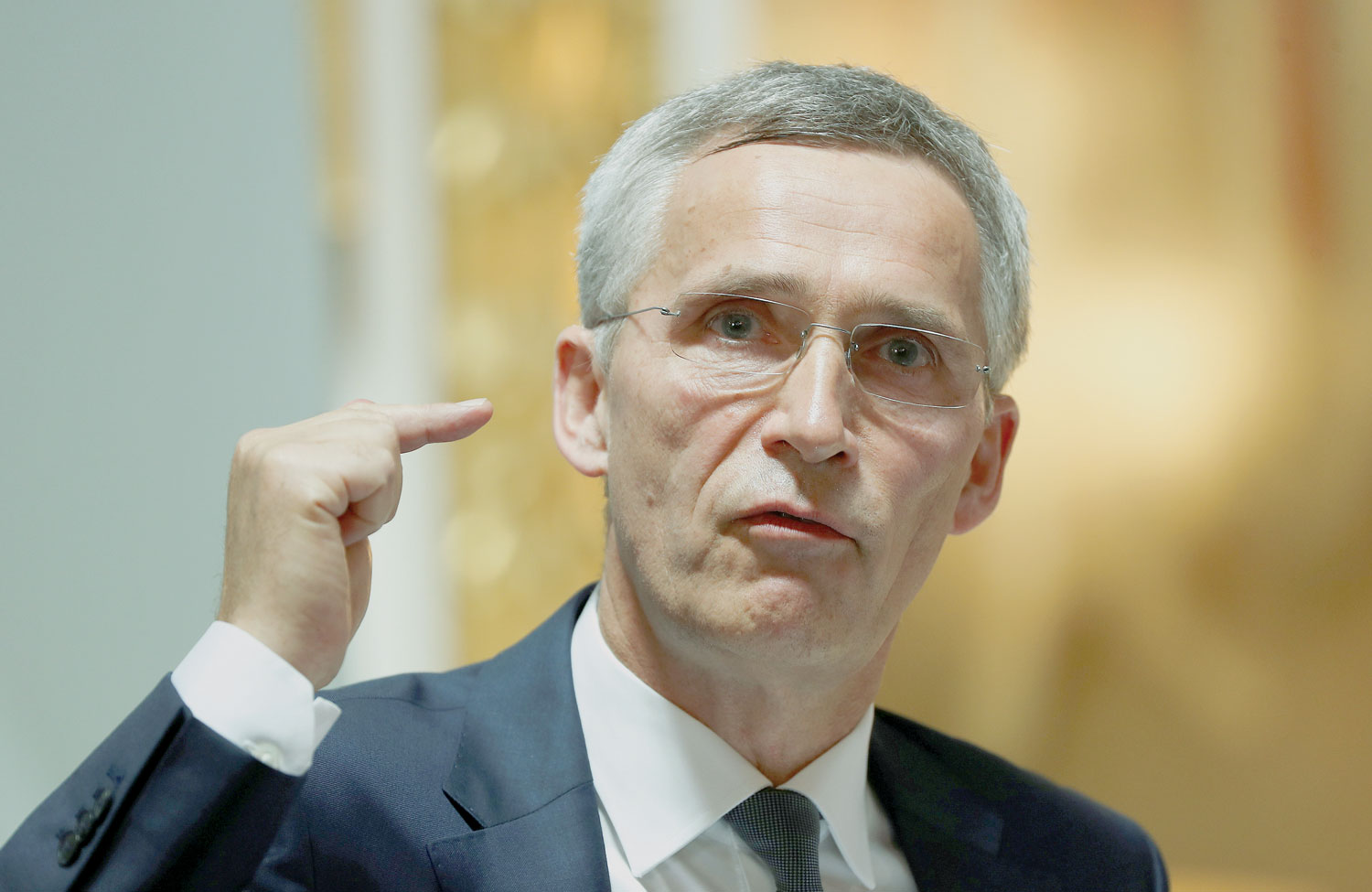

LUXEMBOURG: The European Union is divided over whether to allow membership talks with Albania and Macedonia as anti-immigration sentiment rises in the bloc, but Nato is ready to welcome Skopje into the Western military alliance.
With broad support for membership talks from other EU governments and the European Commission, Albania and Macedonia hope Europe ministers will agree the go-ahead at a meeting on Tuesday in Luxembourg, which would clear the way for approval by EU government leaders at a summit on Thursday.
However, France and the Netherlands, with support from Denmark, are resisting and may seek further conditions such as more reforms to tackle corruption and organised crime in Albania and Macedonia, EU officials said.
After Macedonia and Greece resolved a decades-old dispute about the former’s name which had blocked the EU membership process, opening talks would mark the clearest step yet in the bloc’s attempts to renew its expansion to the six western Balkan countries after years of neglect for the region.
Nato Secretary-General Jens Stoltenberg said the US-led alliance was likely to approve membership talks with Macedonia at a summit in July. Albania is already part of Nato and membership has proven to be a platform for joining the EU.
“I expect and I hope that the heads of state and government can agree to start accession talks,” Stoltenberg said as he arrived for a joint EU defence and foreign ministers’ meeting in Luxembourg.
He said the agreement with Greece to change the name from former Yugoslav Republic of Macedonia to Republic of North Macedonia was “a historic agreement which provides a historic opportunity” for Skopje to join Nato.
French President Emmanuel Macron told the European Parliament in April he could not support EU enlargement without more internal reform of the bloc first, and diplomats say the French position has not changed.
Other diplomats say migration concerns are at the core. — Reuters
Oman Observer is now on the WhatsApp channel. Click here



